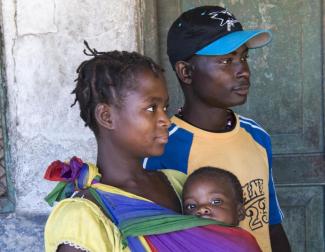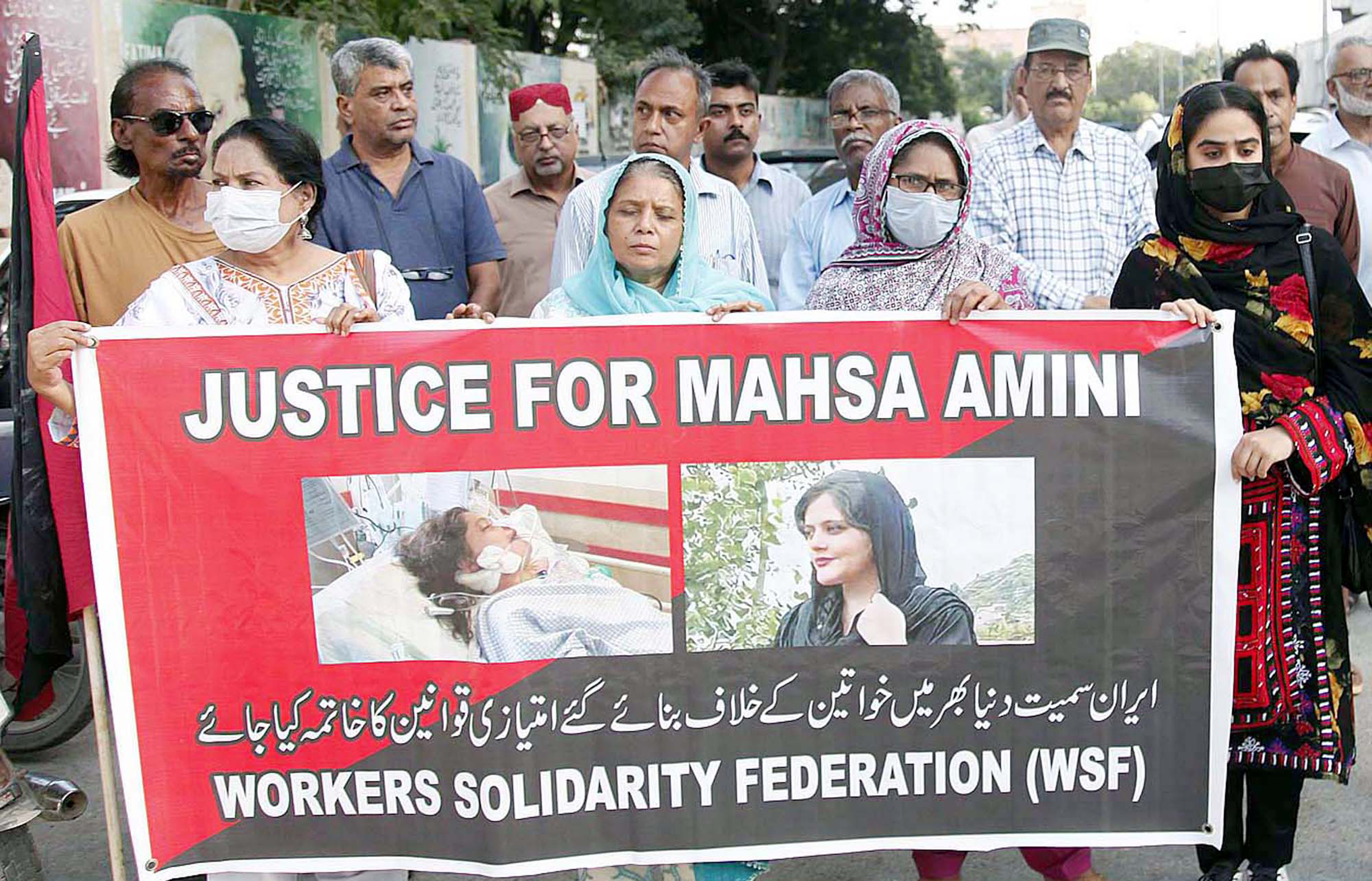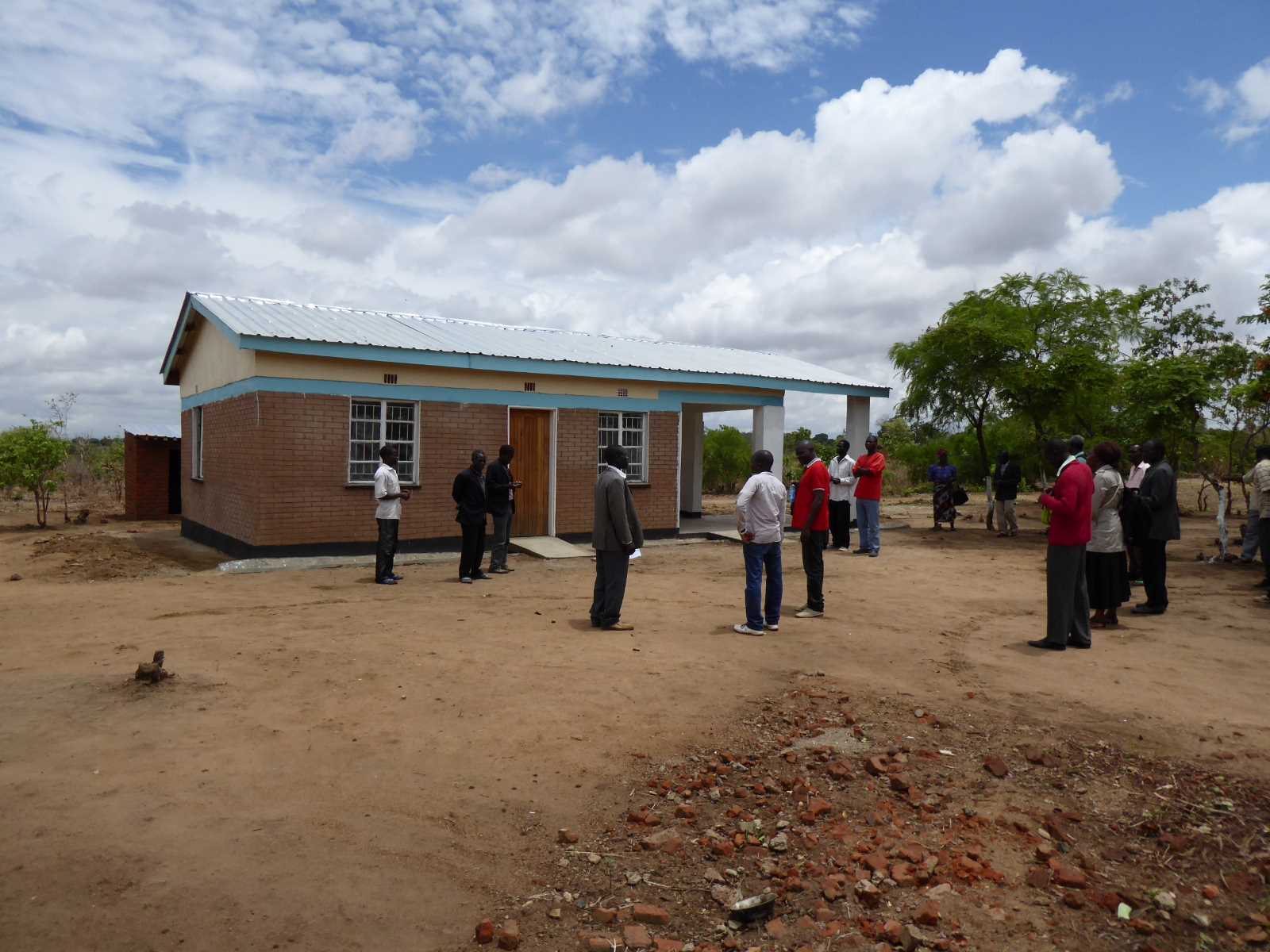Editorial
Personal growth, not personal service

Marriages are about love and many other important things. In all cultures, social protection is linked to families. Tradition or codified laws determine what duties and what rights a person has. It would be wrong to argue that any specific rule is right or wrong without taking into account the societal context. What works for nomadic herders, probably does not make sense in a megacity. Families are institutions, and they change in the course of history. Societies learn. What was once obvious, may become obsolete. Traditions such as bride-prices or dowry were useful in the past, but have largely become dysfunctional today. They were supposed to prevent or alleviate problems, but in different circumstances, they now cause harm. It is hard, but necessary to adopt new norms that match new needs.
What Indian friends told me is true: there is not less love in families in India, where marriages tend to be arranged, than in western countries, where people pick their spouses themselves. High divorce rates in Europe and North America show that love marriages often fail. Having had a glimpse of many Indian families’ lives, I know that some arranged marriages work out well. But I have also seen some profoundly dysfunctional Indian families.
In Calcutta, I stayed at a students’ hostel, and I met lots of young people. As young men and women everywhere, they were curious about sex. Some came from open-minded families and were free to gather experience, and in that respect, they did not differ much from their western peers. Others, however, came from rather restrictive families, and were rather insecure, troubled and confused. They felt awkward about feelings and desires that would be considered natural in EU countries today.
One young student in her early 20s confided in me and wanted to know why she was so unhappy even though she had everything a good Bengali girl was supposed to have. She was goodlooking, had good grades and had even taken classical dance lessons. She mentioned more things that, in her eyes, proved she was lucky, but could not explain why she was feeling depressed.
It was striking that everything on her list was about how she might please others, without relating to what she herself wanted to do in life. When I told her that, she felt deeply understood and soon claimed to be in love with me. In truth, I did not understand her inner self, I could only tell that her upbringing had been oppressive. That was a sociological insight, not a deep glimpse into her soul.
Sometime later, another very smart elderly friend told me she’d like to arrange a marriage for me and brought up a new argument. When a German man marries a Bengali girl, she said, it normally goes well, because the Bengali girl feels liberated, and the German man feels well served. It may indeed often turn out that way, but I was immediately sure that this was not what I wanted. As I see it, a fulfilling relationship is about equality, with both partners getting the space they need to fully develop their personalities.
Hans Dembowski is editor in chief of D+C Development and Cooperation / E+Z Entwicklung und Zusammenarbeit.
euz.editor@fs-medien.de













